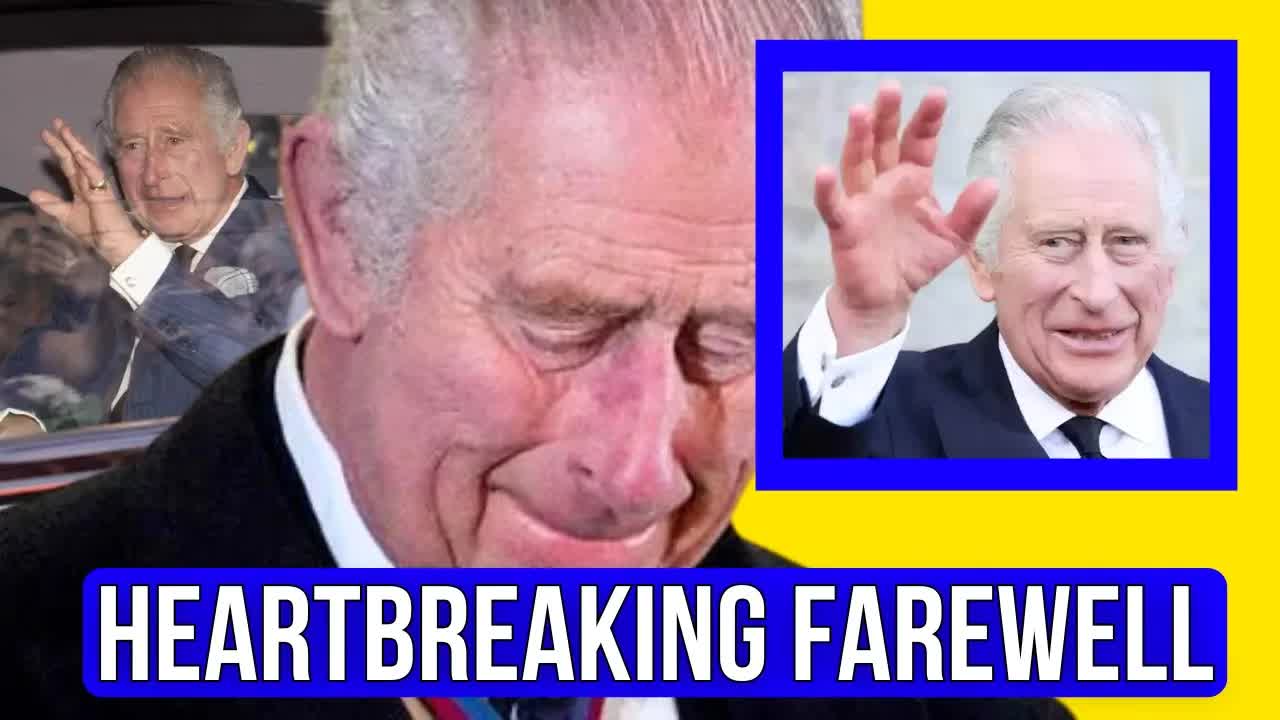King Charles III’s imminent journey to Australia and Samoa is shaping up to be far more than just a ceremonial visit; it’s a pivotal moment that reflects the deep-seated tensions surrounding the monarchy.
As he seeks to bolster relationships within the Commonwealth, the King is under intense scrutiny, grappling with personal challenges and heated discussions about republicanism that could fundamentally alter the monarchy’s future.
Both Australia and Samoa are witnessing an uptick in calls to reevaluate their ties to the royal family.
This backdrop transforms Charles’ trip into a significant litmus test—not just for diplomatic relations but also for the monarchy’s ongoing relevance in these nations.
At the core of this tour lies a personal crossroads for Charles, who is reportedly feeling the weight of his decisions more than ever, leaving him visibly emotional as he contemplates his reign’s legacy.
Insiders close to the King reveal that he is deeply committed to maintaining the unity of the Commonwealth.
Yet, he finds himself wrestling with profound personal dilemmas that challenge his emotional strength and authority.
It has been reported that he often feels torn, even shedding tears over the potential ramifications of his choices—decisions that could reshape both his lineage and the institution he represents.
Adding to this emotional strain are the well-publicized rifts within the royal family, particularly concerning his sons, Princes William and Harry.
These strained relationships have long posed difficulties for Charles, and they may significantly influence the direction he takes during this crucial time.
Speculation abounds that his decisions could have lasting implications for the line of succession and the monarchy’s future, especially given the unique challenges each son presents.
In Australia, the Prime Minister has openly backed the idea of a referendum on becoming a republic, while Samoa’s public sentiment is also shifting.
This places Charles under an unprecedented spotlight, amplifying the stakes of his tour and personal life.
The moment is historic, touching on his aspirations to modernize the monarchy while still honoring its foundational values.
As he gears up to engage with political leaders and influential figures in both nations, Charles is acutely aware of the changing dynamics within the Commonwealth.
His initiatives aimed at addressing climate change and promoting unity reflect a progressive vision, yet the burgeoning Republican movements in both Australia and Samoa indicate a growing skepticism about the monarchy’s alignment with contemporary values.
Supporters of Charles argue that his leadership represents a harmonious blend of tradition and progressive ideals.
However, the rising tide of republican sentiment reveals a societal craving for autonomy and transformation that could overshadow even his most earnest efforts.
Beyond familial and political pressures, external factors also complicate matters.
The increasing influence of countries like China in the Pacific region is reshaping diplomatic landscapes, making Charles’ engagement in Samoa all the more critical.
His visit aims not only to reinforce historical connections but also to counterbalance these geopolitical shifts.
In Australia, while many still hold the monarchy in high regard, the desire for an independent national identity fuels republican sentiments, forcing Charles to navigate a fine line between being a respected royal figure and a relic of colonial history.
Every interaction during this tour is reportedly shadowed by the King’s personal turmoil, adding a layer of vulnerability to his public demeanor.
Should he choose to address republican demands or reconsider the line of succession, it could represent a groundbreaking step toward modernizing the monarchy—an act of empathy towards a self-governing Commonwealth.
Yet, doing so would challenge centuries-old traditions and risk alienating loyalists who view his role as one of continuity.
For Charles, this tour could very well define his reign.
His ability to manage the intricate balance of personal and public challenges amidst global scrutiny will determine not just his legacy but the monarchy’s place in a rapidly evolving Commonwealth.










